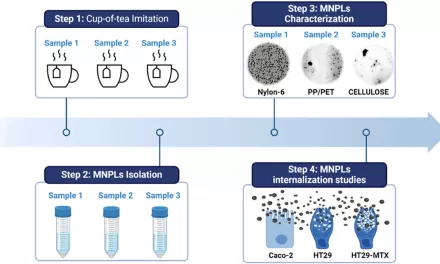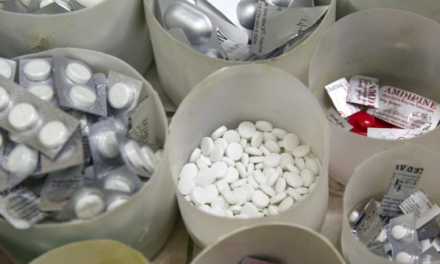Recent research published in the journal Environmental International sheds light on potential risks associated with consuming ultraprocessed foods during pregnancy. The study, conducted by researchers at the University of Washington (UW) Medicine and Seattle Children’s Research Institute, suggests that phthalates, chemicals commonly found in plastics, can leach into food from packaging materials and gloves worn by food handlers, posing health concerns for expectant mothers and their babies.
While the study doesn’t target specific food items, it emphasizes the importance of considering the potential sources of chemical exposure that come into contact with food before consumption. Phthalates, known to cause oxidative stress and inflammation, can cross the placenta and enter the fetal bloodstream, potentially leading to adverse birth outcomes and neurodevelopmental disorders in children.
Lead author Dr. Sheela Sathyanarayana, a pediatrician and researcher at UW Medicine, highlighted the significance of the findings, stating, “When moms are exposed to this chemical, it can cross the placenta and go into fetal circulation.” The study, which analyzed data from the Conditions Affecting Neurocognitive Development and Learning in Early Childhood (CANDLE) research cohort, found that diets high in ultraprocessed foods were linked to greater phthalate exposures among pregnant women.
Ultraprocessed foods, characterized by extensive processing and the addition of chemicals and preservatives, make up a significant portion of modern diets. These foods, such as packaged cake mixes, hamburger buns, and soft drinks, often contain substances that may increase the risk of phthalate exposure. The study suggests that gloves worn by fast food employees and the equipment used for storage, preparation, and serving could be primary sources of contamination.
The study underscores the need for regulatory measures to address phthalate contamination in food products, including stricter regulations on food packaging and food handling practices. Additionally, pregnant women are advised to prioritize whole foods such as fruits, vegetables, and lean meats, while minimizing consumption of ultraprocessed foods. Dr. Sathyanarayana emphasized the importance of reading food labels and opting for products with fewer ingredients that are easily recognizable.
The findings highlight the importance of public awareness and policy interventions to mitigate the risks associated with chemical exposure during pregnancy. With further research and advocacy efforts, policymakers and manufacturers can work together to promote safer food practices and protect the health of expectant mothers and their babies.











